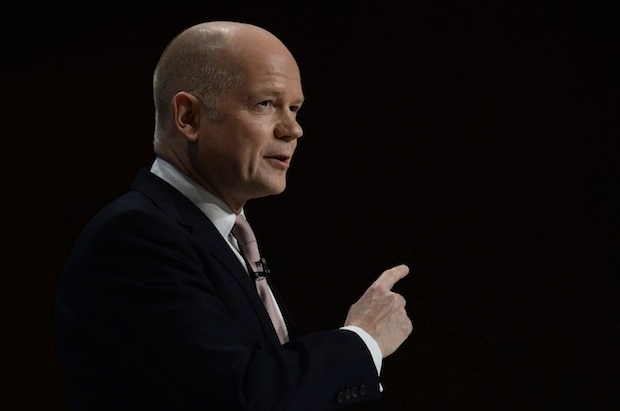Alex Salmond was on Today this morning, muttering darkly about a new betrayal of Scottish voters from Westminster leaders. He was looking ahead to this afternoon’s debate on Scotland, where MPs will among other things, discuss the new plans for further devolution promised by leaders in their ‘vow’.
Chances are though that the debate will look more like different factions in the Commons talking about slightly different things: the Tories will want to talk about English votes for English laws and why it’s necessary, the SNP will want to talk about EVEL and why it’s a Westminster stitch-up to distract from the solemn promises made on the Daily Record front page, Labour will want to talk about how their plan for devolution to English cities that they think avoids EVEL is much better and the Lib Dems will try to claim that they thought of this devolution malarkey first. Few will try to examine how things got so close – and there seems little sense that they’re doing this behind the scenes either.
But despite the preoccupation with EVEL, William Hague made quite clear today that it wouldn’t get forced through and that he didn’t want to link it to devo-more, as was initially suggested. He said:
‘It is our view that fairness to the whole of the United Kingdom means the parties should also agree on the same timetable, the consequences for Scottish MPs voting on English matters. If they can’t, well then it will be a matter that we all debate in the General Election campaign.’
He said the General Election campaign would see ‘a commitment – at least by the Conservative party in the General Election – to address that longstanding issue that I have said cannot be evaded any longer, the unfairness of what is happening now’.
This means that the government will not force the issue. But that doesn’t mean that the shadow of EVEL won’t stop hovering over the Commons. Coffee House has been following the backbench Tory plan to amend standing orders to stop MPs voting on matters that do not apply to their constituents. The chances are that those MPs behind this standing orders plot will be unimpressed by the end of the link and will go ahead and table the change anyway to force the issue.







Comments